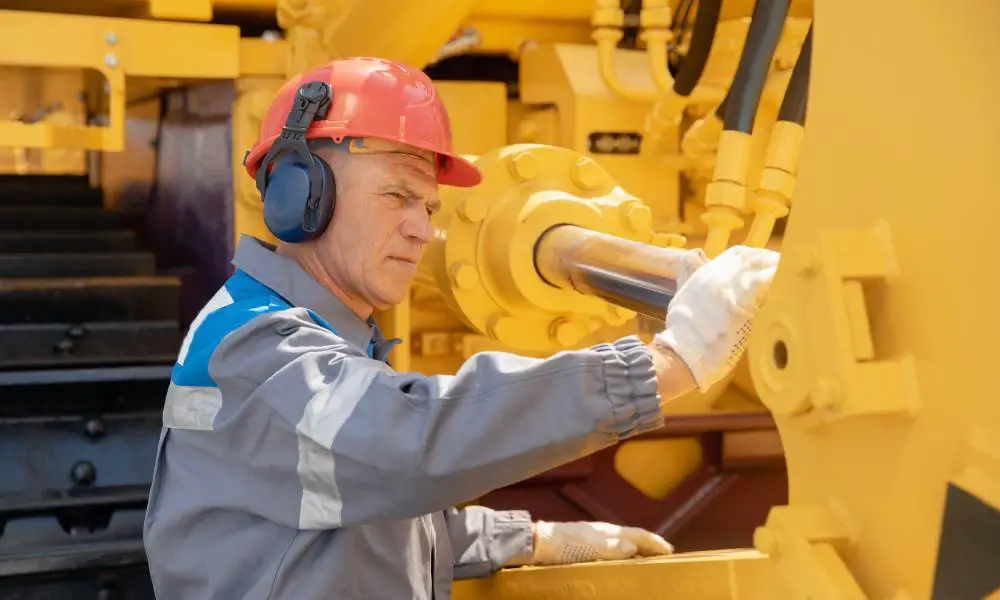

In any industrial setting, efficient equipment is an integral part of productivity. However, equipment will fail every once in a while, and that includes your hydraulic systems. Deciding whether you should repair or replace your hydraulic equipment is a decision you shouldn’t take lightly. Knowing what direction to take can help you maintain both operational efficiency and cost-effectiveness. Explore key factors to help you make the best possible decision for your business.
Hydraulic equipment, like any machinery, can wear down over time. Since there are several common causes of hydraulic equipment failure, you must understand them so you know how to fix the issue. Recognizing these signs early can save you from more costly repairs down the line.
Regular inspections and maintenance records are essential tools in identifying when your equipment is approaching the end of its lifecycle. If you notice recurring issues despite regular servicing, it may be time to consider replacement.
When faced with equipment failure, a cost comparison of repair versus replacement is crucial. Repairs can often seem like the more affordable alternative initially. However, frequent minor repairs can add up quickly and exceed the price of a new unit.
Evaluate the total cost of ownership, including potential downtime during repairs, to determine the long-term financial impact. Replacement may be a more cost-effective option if the equipment is outdated or if parts are hard to find.
Equipment downtime can be a significant drain on productivity. Assess how critical the affected machinery is to your operations. If repairs mean extended periods without key equipment, it could lead to bottlenecks and missed deadlines.
New equipment often comes with upgraded features that improve efficiency and output. Calculate the potential productivity gains from replacement versus the productivity loss during repairs to guide your decision.
Ultimately, whether to repair or replace depends on several factors. Consider the expected lifespan of the repaired equipment versus the benefits of a new model. Factor in the technological advancements that may enhance your operations if you decide on a replacement. Align your choice with your strategic goals; if innovation and growth are priorities, replacement might be the better route.
Regular assessments and clear record-keeping can simplify the decision-making process. Should you repair or replace your hydraulic equipment? By examining the key factors here, you can ensure your decision supports both immediate needs and long-term success.
Discover the incredible teamwork of bees and how their collaboration sustains ecosystems. Learn how we…
A night out at a top-notch bar with an incredible view can be an unforgettable…
Learn the critical safety features every go-kart track needs. From barriers to emergency solutions, these…
Wooden pallets are essential for efficient logistics. Learn how to ensure safe transport and storage…
Discover five warning signs that indicate it’s time to replace your car. From repair costs…
Having PPE on hand isn’t enough to protect your team. Learn how to enhance safety…